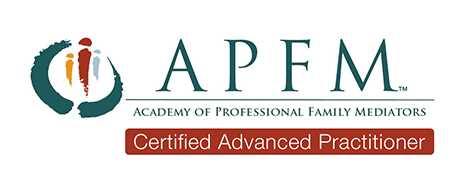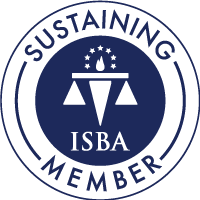“Do I take Tommy to his mom’s?” wondered Jeff. “She works at the hospital, and her new husband is a 
School closures, day-care disruptions, and home confinement have stressed all parents. Co-parents face the added stress of combining households during a quarantine. Jeff wondered if he was required to keep Tommy home–or required to take him to Jill’s. Would continuing the parenting schedule place Tommy in danger? As Jeff shared his concerns with Jill, she wondered if Tommy was just manipulating the restrictions to get more time with Tommy.
An already daunting situation becomes even more stressful for co-parents trying to navigate an ongoing crisis. Even if parents generally get along well, but especially if they don’t, the unknown can overwhelm. Some operating guidelines may help.
1) In general, quarantine orders do not alter parenting schedules
If everyone in both households is healthy, parents should proceed with parenting schedules. In fact, the Indiana Supreme Court orders parents to proceed with the parenting schedule. So, parents need not fear that taking children out of the home to go to their other parent violates the “stay-at-home” orders.
Making life even more challenging, increasingly, children–not parents–are resisting going to their other home. Their parents, already struggling to know what they should do, become more confused as children refuse to transition to the other house.
Children tend to be very concrete. With schools, sports teams, parks all closing–some children are convinced they are absolutely required to stay put. They can resist going to the other parent’s home for fear of breaking the rules. Parents calm children’s fears by clearly stating that travel between homes is allowed.
Learning he was expected to take Tommy to Jill’s eased Jeff’s mind. He also knew maintaining Tommy’s routine would help Tommy find stability. Finally, as much as he needed to hold Tommy close during this fearful time, so did Jill.
2) Parents have the right to alter schedules by mutual consent if needed.
COVID-19 has upended every area of life. While the Supreme Court urges parents to continue parenting schedules, the Court also recognizes adjustments may be necessary. Parents are free to mutually agree to changes.
When Jill’s schedule at work moved to a 2-weeks on and 2-weeks off, Jeff and Jill knew they needed a change. Their parenting plan had them splitting weeks. They agreed to change to Jill caring for Tommy during her off-weeks. This addressed Jeff’s concern about Tommy’s potential exposure and gave each parent concentrated time with Tommy. Jill could focus on Tommy’s school on her days home, which freed Jeff to concentrate on working from home. They put the new schedule in writing so that each understood the details.
If parents cannot come to agreement, either can file an emergency petition to modify their existing parenting plan order.
3) Continue paying child support.
Even if parenting schedules change, child support orders should be followed as written. Parents may be willing to adjust child support, but the Court can only enforce the order in front of it–leaving parents who don’t pay according to the order vulnerable.
For parents who pay through the Court, payment can be made online, via telephone, by mail, or through the options noted at www.in.gov/dcs/3504.htm. Parents cannot, however, drop payments off in-person.
Navigating the guidelines, restrictions, and daily challenges of COVID-19 is hard enough. Coordinating from two houses is even harder. If you need help working with the other parent to gain solid ground for co-parenting through COVID-19, call 317-344-9740 or email info@TheResolutionCenterIndy.com. We look forward to serving you.





